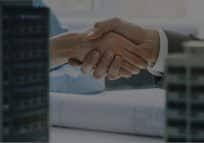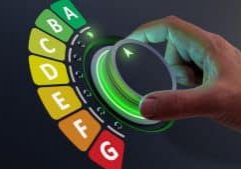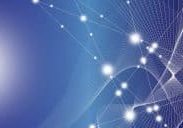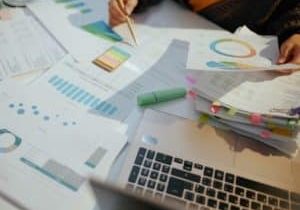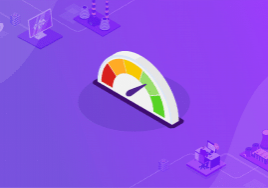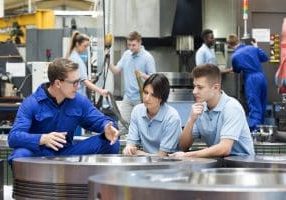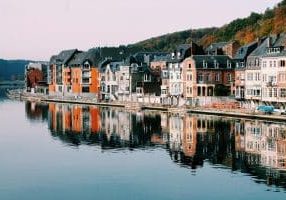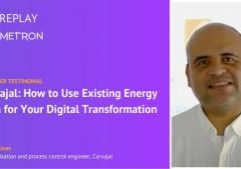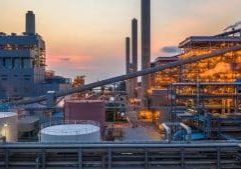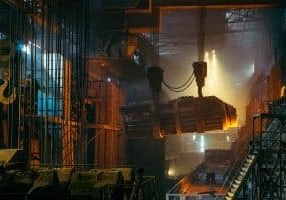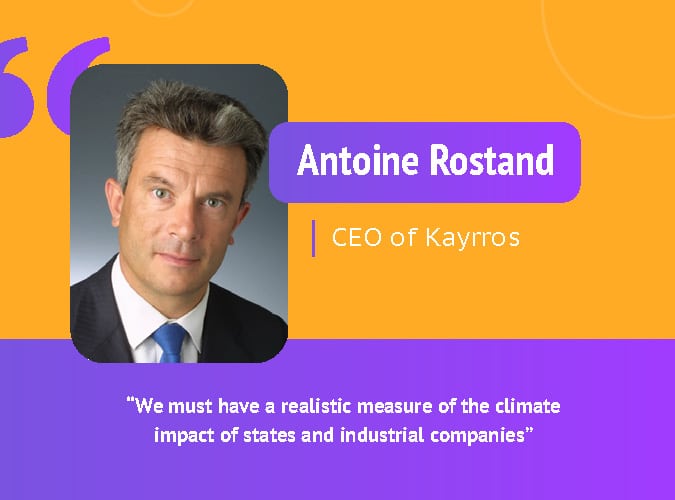
Our "Green Tech Interview" series gives the floor to innovative actors committed to the fight against global warming. For our first installment, we spoke to Antoine Rostand, CEO of Kayrros, a start-up that is developing a solution for measuring and monitoring climate risks in real time at a global level.
What is the role of Kayrros in the fight against climate change?
At Kayrros, we are involved in satellite-based Earth observation. In particular, we observe the impact of human activity on the planet.
More specifically, we measure methane leakage and CO2 emissions in real time, but also what is known as land use change: deforestation. Finally, we measure all major climate parameters related to the carbon cycle.
Our work is critical because we provide governments and investors with the means to measure the greenhouse gas emissions of all industrial companies, globally.
What are your target markets? And in these markets, how do you assess the maturity of players to meet the climate challenges?
We have three major markets.
- The regulators (the European Commission, the US government, or the international energy regulators), who are quite mature. They have a good understanding of the issues, but the pace of implementation of new technologies to manage their activity is rather slow.
- Energy operators (electricity producers or fossil fuel producers), who are not ahead in terms of technology. They will only put in place the necessary regulations.
- Finally, investors (large investors, asset managers, hedge funds, infrastructure fund financiers), who have a real vision of risk. They have a good understanding of the contribution of new technologies, such as satellite imagery, to measure greenhouse gases and reduce them significantly.
What are the main problems your company and your solutions address?
The main problem we want to address is that there is no independent measure of emissions. All states and companies have emission reduction targets, but global emissions continue to rise. As long as there is no independent measurement of methane and CO2 emissions, we can reduce emissions in France, but if it's going to come back elsewhere, it's no use. So we are trying to solve a fundamental problem of governance, at the global level, of the rights to emit.
How do you address these issues?
We are proposing an independent measure that is the same throughout the world, so as not to favor any particular State or actor. The idea is to be truly objective and independent, in order to have a realistic measure of the climate impact of States and industrial companies, whatever they may be.
It is this transparency that then allows investors to make decisions, to invest or not. Eventually, it also allows the general public to make purchasing decisions.
We have data sets that are intended for the exclusive use of their owner. But we also have a logic of making available to the general public open source, a certain amount of data on CO2, methane and forest, which we make available to everyone, free of charge.
So there is also a need to inform the general public?
There is even a huge need for information since today, the understanding of what methane is is quite low. Even if it is starting to come to light following the COP26 summit, few people realize that methane is just as important as CO2, and that there are no measurements on it today.
Another problem is that the general public thinks that efforts must be made locally to reduce emissions in Europe: that's fine, but it's no use if they reappear elsewhere... There is a big need to educate the general public, that's for sure.
In your opinion, what is the role of digital and data in the greening of the economy?
Their role is fundamental. If we don't know where it's coming from, we will never succeed in reducing emissions!
It is therefore imperative to continue to do so, and the only way is to have data. The debate about the impact of digital technology on ecology is a false debate: without the ability to measure what we do, we will not be able to intervene. So having this kind of data is really essential.
What is your personal conviction for the evolution of the energy transition in the years to come?
I think there's an urgency, but there's also a lot that's being done. So I'm pretty optimistic that we as a human species will be able to respond, and do what we need to do to reduce our footprint. Now, we have to work together, and of course, conflicts don't help at all. We have a real issue, which is to get back to working together, to reduce our climate footprint. It is essential for our survival! We have the technology, the know-how... and we just have to get back together, which is unfortunately not easy.
Thank you to Antoine Rostand for his participation and for sharing his point of view on this important subject. Today, data, Data Science and related expertise play an essential role in energy performance.
Want to learn more about METRON'S Energy Management & Optimization System (EMOS)?
